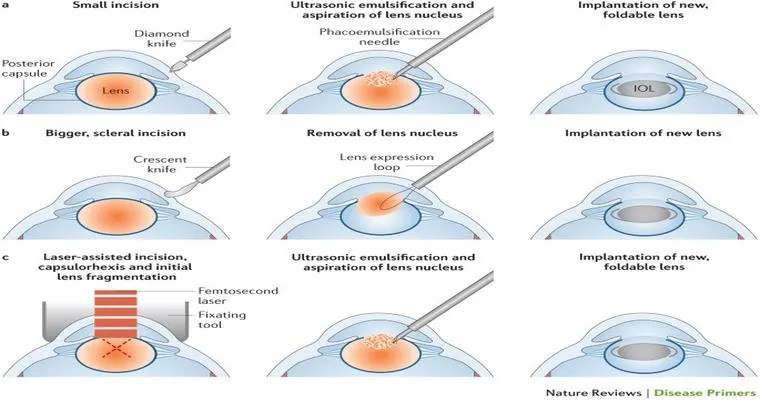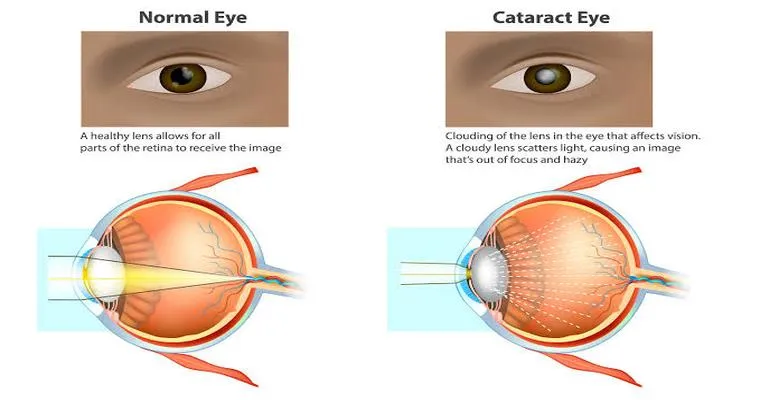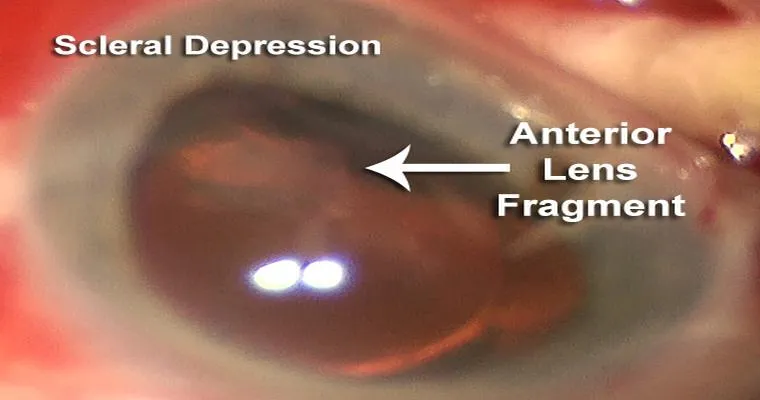Cataracts, a common eye condition characterized by the clouding of the lens, can significantly impact an individual's quality of life. Recent studies suggest that "treating cataracts" not only improves vision but may also play a crucial role in "slowing cognitive decline". As we age, the relationship between vision health and brain function becomes increasingly important, making it essential to understand how cataract treatment can contribute to overall cognitive well-being.
Cognitive decline can manifest in various forms, including memory loss, difficulty concentrating, and impaired decision-making. These symptoms can be exacerbated by the challenges associated with poor vision. When individuals struggle to see clearly, they may become less engaged in social activities, leading to isolation and a decrease in mental stimulation. This lack of engagement can accelerate cognitive decline, creating a vicious cycle that is difficult to break.
Research has shown that individuals who undergo "cataract surgery" often experience significant improvements in their visual acuity and overall quality of life. Enhanced vision allows for greater participation in social activities, hobbies, and daily tasks, all of which provide mental stimulation and contribute to cognitive health. Furthermore, studies indicate that patients who have had cataract surgery demonstrate better cognitive performance compared to those who have not received treatment.
The link between vision and cognition is supported by the theory of sensory integration. When the brain receives clear visual input, it can process information more effectively. This processing is crucial for maintaining cognitive functions. Therefore, by addressing visual impairments through cataract treatment, individuals may be able to enhance their cognitive resilience and potentially delay the onset of neurodegenerative diseases such as dementia.
Moreover, the psychological benefits of improved vision cannot be overlooked. Patients who regain their sight often report increased feelings of independence, confidence, and overall happiness. These positive emotional states can further contribute to cognitive health, as mental well-being is closely tied to brain function. Engaging in social interactions and enjoying life can serve as protective factors against cognitive decline.
In conclusion, treating cataracts is not merely a matter of improving eyesight; it is a significant step toward enhancing cognitive health as well. The evidence supports the notion that "cataract surgery" can lead to better vision, which in turn may help in "slowing cognitive decline". For older adults, prioritizing eye health through regular check-ups and timely treatment of cataracts can be a vital strategy in maintaining both vision and cognitive function. If you or a loved one are experiencing symptoms of cataracts, consulting with an eye care professional can be an essential first step toward better eye health and cognitive well-being.





